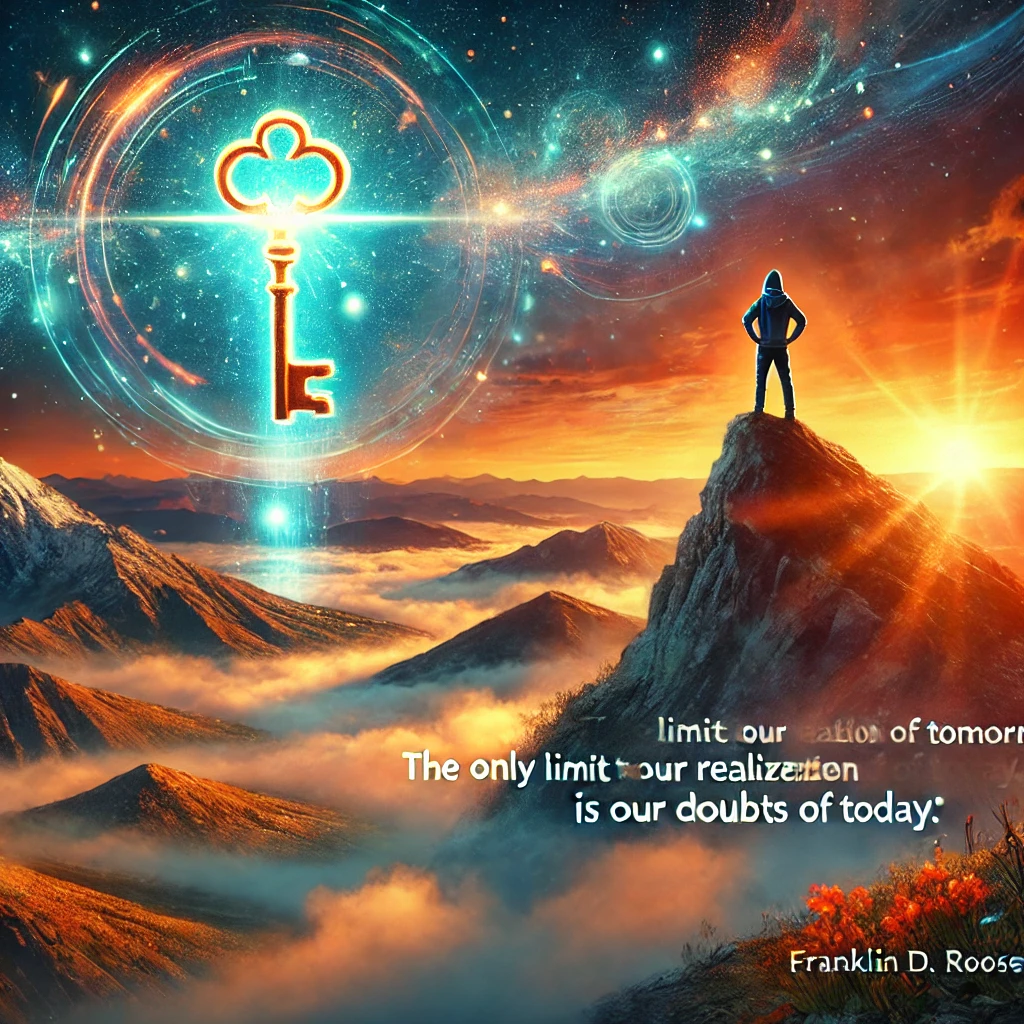The world of citizen journalism, it’s fascinating how ordinary people are becoming the storytellers of our time. 📹💡 Meet @positivephile, a passionate advocate for positive change. In our latest vlog, they delve into the impact of tech visionaries like @elonmusk on clean energy and the future of our planet. Stay tuned for an insightful exploration of innovation and hope! #CitizenJournalism #ElonMusk #PositiveChange #Innovation
In today’s fast-paced digital world, the role of traditional journalism is evolving, making way for a new breed of storytellers known as “citizen journalists.” These individuals are not professional reporters, yet they wield the power of information and storytelling to bring about positive change. In this blog post, we’ll explore what a citizen journalist is and how they can make a significant impact on the world.
What is a Citizen Journalist?
A citizen journalist is someone who, without formal training or affiliation with a news organization, engages in the collection, reporting, analysis, and dissemination of news and information. They often use digital tools and social media platforms to share stories, images, and videos, making them a vital part of today’s information ecosystem.
Citizen journalists come from all walks of life. They could be students, professionals, activists, or simply concerned individuals with a passion for telling important stories. What sets them apart is their dedication to unearthing truth, advocating for change, and promoting transparency.
Changing the World for Good: The Citizen Journalist’s Role
- Amplifying Underrepresented Voices: One of the most powerful aspects of citizen journalism is its ability to give voice to underrepresented communities. It allows marginalized groups to share their experiences, struggles, and achievements, which might otherwise go unnoticed in mainstream media.
- Advocating for Social and Environmental Causes: Citizen journalists often focus on issues close to their hearts, such as social justice, environmental sustainability, and community well-being. By bringing these issues to the forefront, they raise awareness and rally support for positive change.
- Holding Authorities Accountable: Citizen journalists play a crucial role in holding those in power accountable. Through investigative reporting, they shed light on corruption, injustice, and misconduct, often leading to real-world consequences.
- Empowering Local Communities: Local citizen journalists can be instrumental in sharing information that impacts their neighborhoods and fostering a sense of community engagement. They are the watchdogs of their own areas, ensuring that issues are addressed promptly.
- Providing Diverse Perspectives: The diversity of citizen journalists means that a wide range of perspectives and opinions are available. This richness of viewpoints contributes to a more comprehensive understanding of complex issues.
How to Change the World as a Citizen Journalist
- Find Your Passion: Start by identifying the issues that resonate with you the most. Your passion will be your driving force.
- Research and Learn: Invest time in understanding the topics you want to cover. This knowledge will help you present accurate and compelling stories.
- Engage with Communities: Build connections within the communities you wish to highlight. Engaging with local organizations and activists can provide valuable insights.
- Use Social Media Wisely: Utilize social media platforms to share your stories, but always verify your sources and facts before posting.
- Be Ethical: Uphold the principles of good journalism: truth, accuracy, fairness, and accountability. Avoid spreading misinformation or sensationalism.
- Keep Learning: The world of citizen journalism is ever-evolving. Stay updated on new tools, technologies, and best practices.
By becoming a citizen journalist, you have the power to inform, educate, and inspire change. Your stories can spark conversations, influence public opinion, and lead to the positive transformation of our world. The role of citizen journalism is more important now than ever, and each individual’s voice can be a catalyst for global change.
1. Finding Your Passion:
Your journey as a citizen journalist should begin with a deep introspection of your passions and interests. Identify the topics or causes that genuinely resonate with you. This passion will serve as your driving force, keeping you motivated during the ups and downs of your journalistic pursuits. Whether it’s social justice, environmental issues, human rights, or community stories, a genuine passion will shine through in your reporting.
2. Research and Learning:
Once you’ve identified your areas of interest, it’s time to roll up your sleeves and dive into research. Take the time to thoroughly understand the topics you want to cover. This means reading books, articles, academic studies, and interviewing experts or community members. The more knowledge you accumulate, the better equipped you’ll be to present accurate, well-informed, and compelling stories. Effective journalism is rooted in a deep understanding of the subject matter.
3. Engaging with Communities:
A citizen journalist’s strength lies in their proximity to the communities they wish to highlight. To tell their stories authentically, you need to build connections and engage with the people and organizations at the heart of your chosen topics. Attend community meetings, reach out to local activists, and participate in relevant events. By establishing meaningful connections, you’ll gain insights that can be the basis of your stories. Engaging with communities also fosters trust and enables you to provide a more comprehensive perspective.
4. Using Social Media Wisely:
In today’s digital age, social media platforms are powerful tools for citizen journalists. They allow you to reach a wide audience quickly. However, with great power comes great responsibility. Always verify your sources and facts before posting. Misinformation can spread rapidly, causing harm and eroding your credibility. Cross-check information from multiple reliable sources, and attribute your sources appropriately. Ethical journalism requires a commitment to the truth, even in the fast-paced world of social media.
5. Upholding Ethical Standards:
Citizen journalists, just like professional journalists, should adhere to a strong code of ethics. Uphold the principles of good journalism, which include truth, accuracy, fairness, and accountability. Verify your information rigorously, attribute your sources transparently, and maintain objectivity. Avoid sensationalism, and be mindful of the potential impact of your stories on the subjects and communities you cover.
6. Continuous Learning:
The world of journalism, including citizen journalism, is ever-evolving. New tools, technologies, and best practices emerge regularly. Stay updated and be willing to adapt to these changes. Attend workshops, take online courses, and engage with established journalists. Learning from experienced professionals can significantly enhance your skills and keep your work relevant and impactful.
By following these in-depth steps, you’ll be well on your way to becoming a passionate and effective citizen journalist. Your commitment to ethical reporting, coupled with your dedication to understanding and engaging with the communities you cover, can lead to positive change and a more informed society. Keep your passion alive, and you’ll continue to make a meaningful impact through your journalism.


















